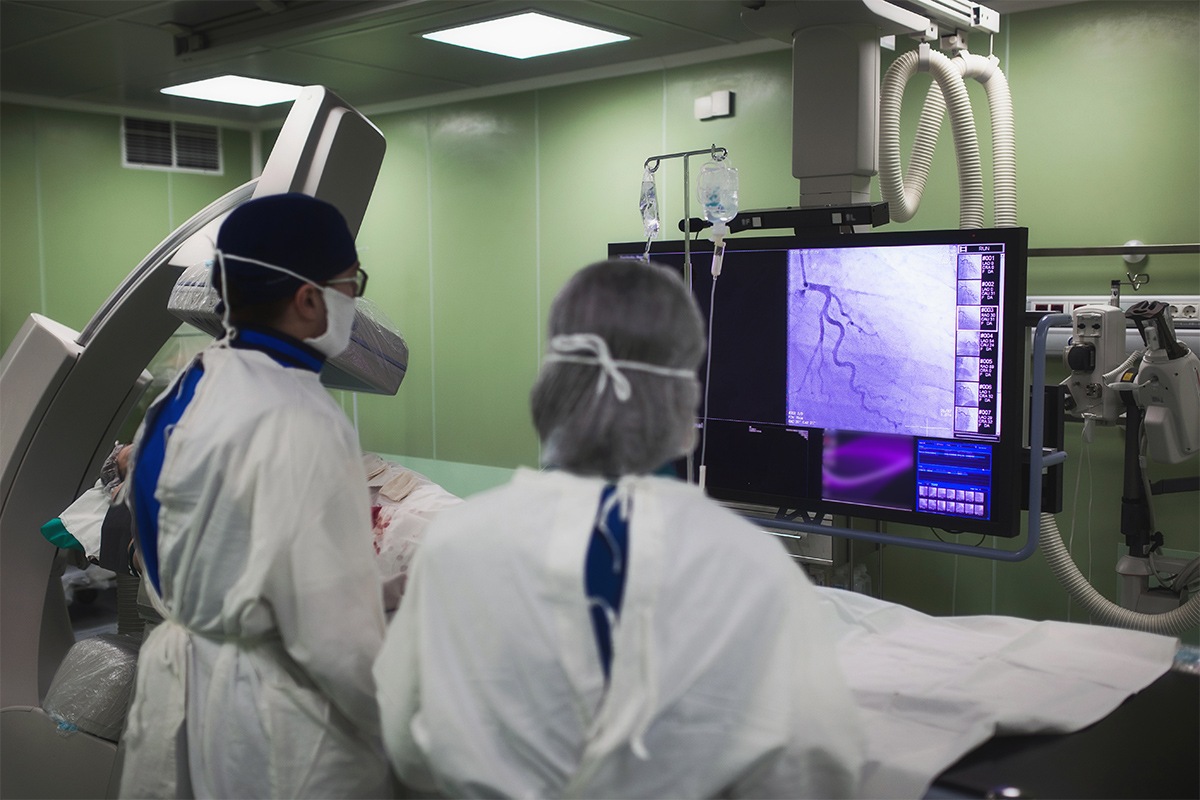How to Successfully Transition to an Interventional Cardiology Fellowship

We all face multiple transition points within our training career. However, the transition from general cardiology to interventional cardiology is quite unique.
For the first time, we turn from a clinically-heavy training program to a lab-based, procedural training environment. I have highlighted four steps to best prepare you for the rigors of an interventional cardiology fellowship and beyond.
Cardiologist First

Remember, you are an internist and a general cardiologist first. Be diligent in your training during your general cardiology fellowship. Spend your third year filling any clinical holes or areas that you would like to improve. You will not have this opportunity once you start your interventional fellowship. However, once you start your interventional fellowship, you still need to take care of the whole patient.
Make sure to stay updated on current guidelines and teachings – your experience in the lab will be enriched by the knowledge you bring. Do not forget that you will have to take your general cardiology boards (and maybe echo boards) in October of your interventional year! Make sure you spend enough time preparing prior to starting your fellowship, as this will help make the transition a lot easier.
Allow for Balance

Interventional cardiology is an exciting, dynamic and busy subspecialty. Transitioning into a busy interventional fellowship is a great time to consider your personal and professional goals.
- First, understand your clinical and professional responsibilities, as well as the time you will need to achieve these.
- Second, delineate important personal goals or milestones you hope to achieve during the time you are in fellowship.
- Third, create a realistic plan to balance both your responsibilities.
- Finally, make sure you have adequate support and never be afraid to ask for help!
Maintain a sense of well-being while you pursue professional and personal advancements. Graduate Medical Education at many institutions have made trainee wellness a major priority.
Take your skills

The skills you acquire in the lab and your mastery of diagnostic angiography will make the transition a lot easier. Make sure to understand expectations from your training program, and that your skills are up to par as you enter your interventional fellowship.
You will develop your interventional skills during interventional fellowship, so do not worry about getting your "PCI numbers" during general cardiology fellowship.
Have a plan beyond

You will soon complete your training and start a career as an interventional cardiologist. This is the perfect time to reflect about your career goals and make formative plans about your future career.
There are certain steps that can help you identify a career that would fit your needs.
- First, it is important to get information from people who are currently in practice.
- Identify individuals or mentors who can help guide you in the process and give you insight about practice environments that may be novel to you.
- Next, create a career action or vision plan and share it with your mentors – discuss the feasibility and steps required to attain your goals.
- Finally, take advantage of networking at the annual cardiology conferences.
I hope these steps serve as a guide as you transition to an interventional cardiology fellowship. One last piece of advice – do not forget to be humble in face of the opportunities and challenges in this upcoming year.


